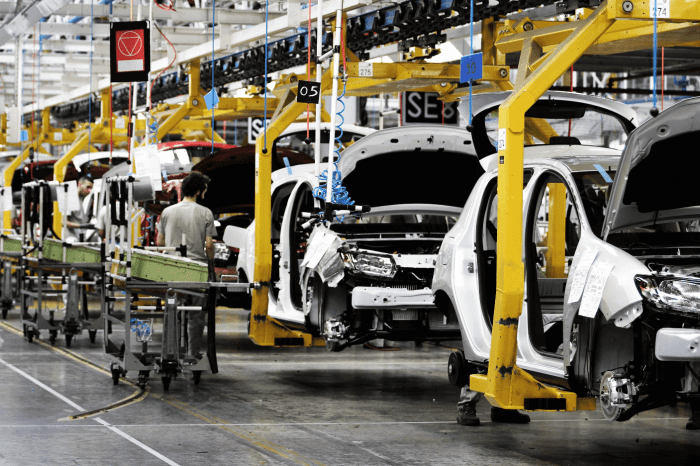Morocco is transitioning from being just an “auto assembly hub” to a full-scale electric vehicle (EV) manufacturing and battery platform for Europe and beyond. Automakers are increasing local EV production, Chinese battery suppliers are investing, and a new deal for eVTOL airframes introduces advanced mobility. Meanwhile, new US and EU tariffs on Chinese EVs are changing how value is created and how products reach markets. This creates new opportunities for investors and operators in components, logistics, and skills, along with associated policy and trade risks.
Morocco’s automotive industry currently exports at a European scale, with Renault and Stellantis as key players, producing nearly 700,000 vehicles annually. Officials aim to increase the share of electric vehicles (EVs) in exports ahead of the EU’s 2035 engine ban. Recent developments include Stellantis’s plan to boost capacity in Kenitra to 535,000 vehicles and increase production of mini EVs like the Ami. This indicates stable demand for suppliers in plastics, wiring, electronics, stamped parts, and logistics to Tanger Med.
The country has secured Chinese investments in cathodes and batteries, including BTR New Material near Tangier and CNGR at Jorf Lasfar, with ongoing discussions with Gotion. Officials anticipate additional battery projects as Europe enforces stricter local content regulations and OEMs seek compliant, tariff-safe inputs. If even a portion of the planned projects materialises on schedule, Morocco could establish a North Africa battery corridor to support EU assembly lines.
The EU approved duties of up to the mid-40 per cent range on Chinese EV imports, and reports also show Morocco being framed in debates about whether Chinese firms could use the country as a production or assembly base to reach Europe tariff-safely, provided they meet EU rules of origin. This is a sign for operators to design supply chains that can withstand policy shifts and prove origin with auditable documentation.
Morocco’s aerospace sector is now extending into electric aviation. Vertical Aerospace has chosen Aciturri’s facility in Nouaceur, near Casablanca, to produce complete airframes for the VX4. The country’s aerospace cluster and skilled workforce provide a solid foundation for progressing from prototypes to certified builds. For the ecosystem, eVTOL parts will introduce higher-value processes, crossover skills in composites and avionics, and a new set of buyers.
Morocco’s electric vehicle (EV) narrative is shifting from ambition to action as auto production capacity is increasing, battery investments are being secured, and eVTOL projects are adding significant value. While the opportunities are substantial, there are also policy challenges to navigate. Successful strategies in 2025 will need to blend large-scale production with strict compliance and efficient logistics to Europe. This approach will enable operators to transform Morocco’s momentum into sustainable profit margins.








